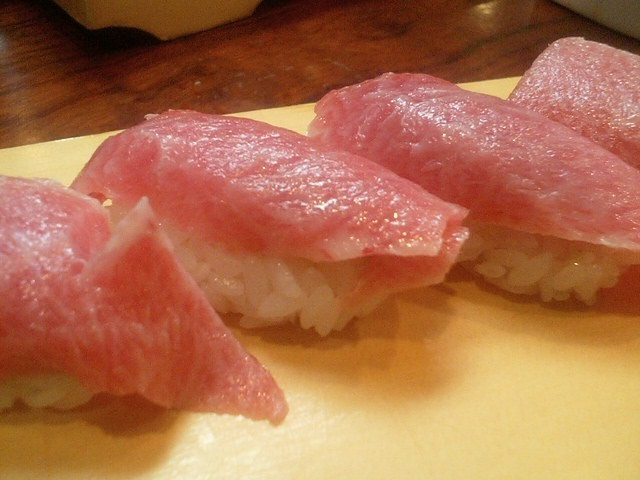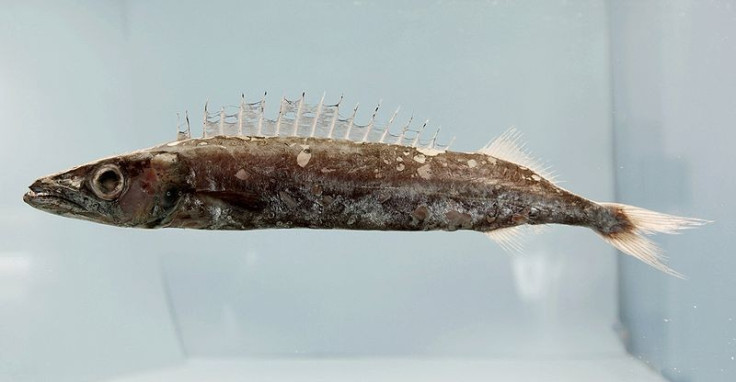At Least Horsemeat Does not Cause Anal Leakage: US Firms Mislabel Toxic Escolar as Tuna
Snake mackerel, banned in Italy and Japan over health fears, sold by US sushi outlets as tuna

Most tuna sold in the US is not actually tuna, with many samples analysed found to be a toxic fish called escolar.
The mislabelling of food products has gained global attention after horsemeat was found in many EU products claiming to be beef.
However, a report by the US ocean protection group Oceana found that many fish products have also been mislabelled.
Fifty nine percent of the tuna samples analysed had been mislabelled. In most of the cases (84 percent) the fish used was escolar, a snake mackerel that contains a toxin called gempylotoxin.
This causes gastrointestinal problems for people who eat just a few ounces, causing a diarrhoea-like illness where anal leakage of a greasy orange stool occurs.
Most of the tuna samples were labelled "white tuna". Of these 66 samples, 62 were not white tuna.
Substituting escolar for white tuna is illegal and because of associated health risks it it has been banned in Italy and Japan.
Many other countries have issued health advisories about it and the US Food and Drug Administration advises against its sale.

Most of the mislabelling took place in sushi restaurants, where 71 percent of the samples had been mislabelled.
On the whole, testing showed 33 percent of the fish samples had been mislabelled. 54 percent of samples from California were mislabelled.
The worst species for mislabelling was in snapper, where 87 percent of samples were not the fish it claimed to be.
Kimberly Warner, report author and senior scientist at Oceana, said: "Some of the fish substitutions we found are just disturbing. Apart from being cheated, many consumers are being denied the right to choose fish wisely based on health or conservations concerns."
The report concluded: "As our results demonstrate, a high level of mislabelling nationwide indicates that seafood fraud harms not only the consumer's pocket book, but also every honest vendor or fisherman along the supply chain.
"These fraudulent practices also carry potentially serious concerns for the health of consumers, and for the health of our oceans and vulnerable fish populations.
"Our findings demonstrate that a comprehensive and transparent traceability system - one that tracks fish from boat to plate - must be established at the national level."
© Copyright IBTimes 2025. All rights reserved.






















